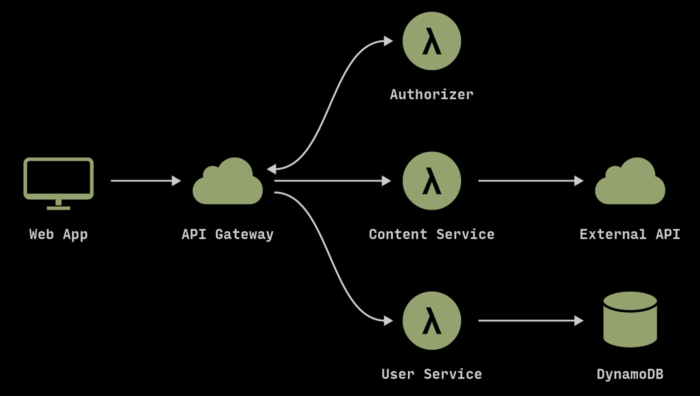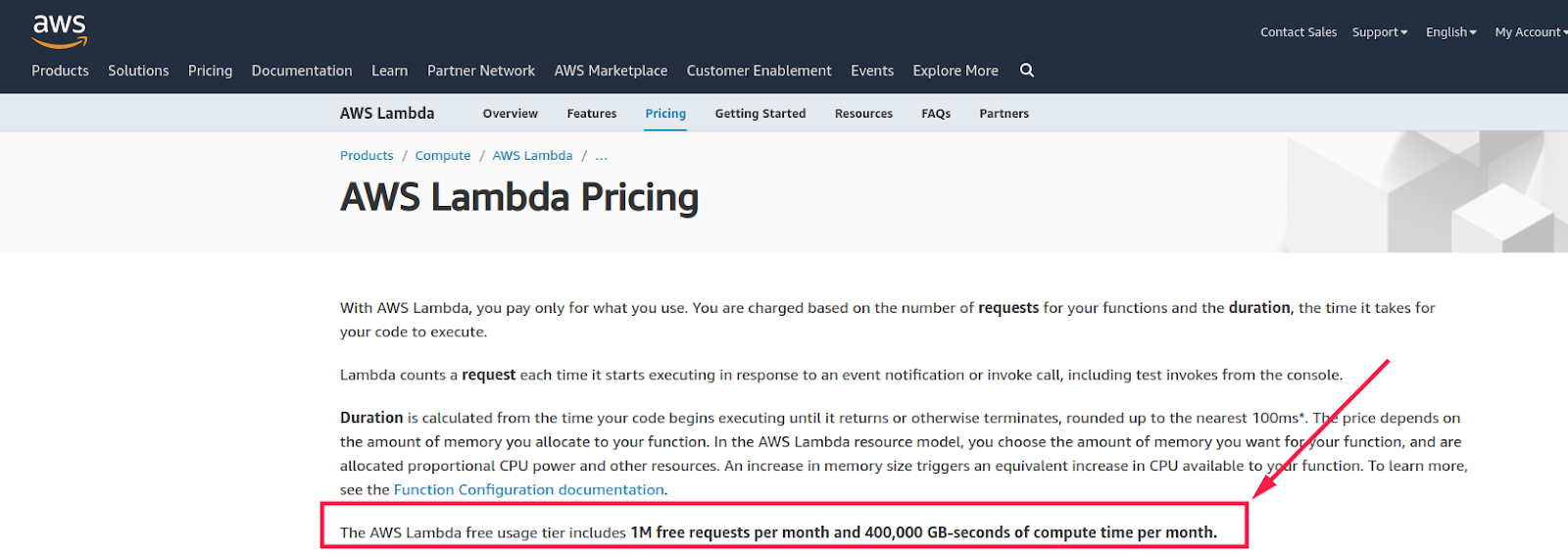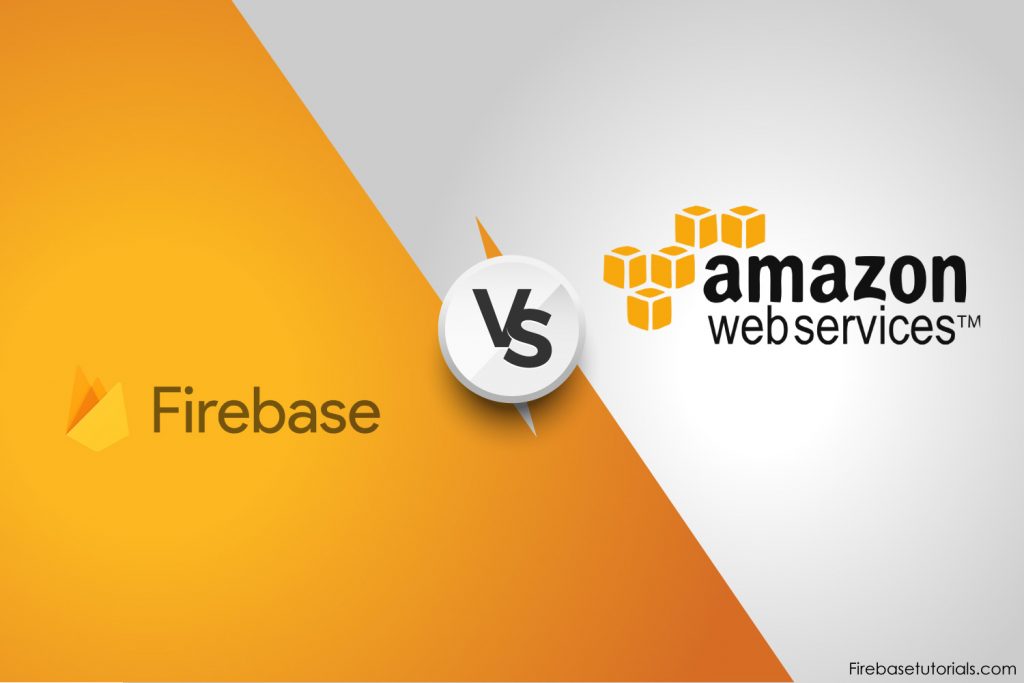Are you confused about which serverless service you should go for, either AWS or Firebase?
As you already know, Amazon Web Services and Firebase are the platforms provided by the best companies in the world: Amazon and Google, respectively.
Before diving into the details, let’s first talk about serverless architecture and why it should matter for your app.
Quick Jumps
What Is a Serverless Architecture?
Serverless architecture runs applications without server software and hardware management.
In other words, applications run at the moment when something happens. The code only runs when it receives a request. It doesn’t run all day like a traditional server that ends up costing a lot of money even if you use it not.
The word ‘serverless’ doesn’t mean servers are no longer the part of the process. It means developers don’t need to worry about servers that are the most time-consuming work.
Resources are used only when the actual needs come; otherwise, you don’t pay what you don’t use.

Technically, you upload a function to the Cloud platform, and the server deploys the function. As demand goes up, the Cloud platform will use more server processing power—the vice versa when the demands go down.
Three Main Benefits of Using Serverless Cloud Platform Like Firebase and AWS
- User friendly. Customers don’t need to learn code and high technical staff. These services are easy to manage and scale-up.
- Only pay for what you use. Gone are the days when you needed to buy servers monthly that ended up costing a lot of money. You pay for only what you use.
- Building a complex system quickly. You can focus most of your time on your core business problems instead of losing yourself in the complex systems. You can easily grow and scale without worrying about updating and patching the system.
- No server management. You don’t need to maintain any servers. You don’t need to update your hardware, install software, or need to hire an administrator.
AWS – Pros and Cons
Amazon Web Services has 31 market share in cloud computing that is the largest among other providers.
AWS Lambda is the serverless product from AWS, and its performance is incredible, so as its pricing.

The AWS Lambda free usage tier includes 1M free requests per month, and 400,000 GB-seconds of compute time per month.
The best part with AWS Lambda is that you don’t need to learn new languages, tools, or frameworks.
Moreover, Lamda supports Go, PowerSheet, Java, Node.js, C#, Python, and Ruby code and provides a Runtime API, which allows you to use any programming languages to power your functions.
To save more cost, you can allocate CPU power, network bandwidth, and disk I/O.
The major con is that you cannot install custom packages or software on the environment. For example, you have some extra OS needs; you need to host it on another platform.
AWS Lambda has strict time limitations, especially when you exceed 5 minutes of execution time. This might not be ideal for long-running tasks that are the perfect fit for serverless delivery.
Moreover, Lambda has a longer learning curve, especially if you’re willing to run NodeJS runtime functions.
Furthermore, AWS Lambda has a zip deployment limitation of only 500MB.
Firebase – Pros and Cons
Firebase is another fantastic product from Google that is specially designed for mobile developers.
It should be the first choice for you if you focus on mobile development only either Android or iOS, since it caters to every need a mobile developer might have, from establishing real-time databases to analyzing crashes on your app to making predictions at extremely low cost.
If you’re a small team, and the cost is the most important factor for you, then look no further than Firebase.
But if you’re a larger organization with a heavy budget, then I’ll recommend going after AWS since Firebase doesn’t provide relational data and other advanced options that might have brought your application into hot water.
And the worst part is that Firebase isn’t iOS-friendly to a greater extent like Android as Firebase is the company owned by Google, and its main focus is on Android users.
The major con of Firebase is the number of Events that you can use to track your app interactions. And the support of Firebase is limited as compared to AWS Lambda.
Final Thoughts
AWS and Firebase are great platforms when it comes to running serverless applications. Each platform caters to specific needs, and it depends on the developers what they want to choose.
If you’re a small team, you just get started, it’s better to go for Firebase. But if you need advanced features, AWS Lambda is the answer to your question.
Developers have built great apps through both platforms. All the features are enough to build almost any app you can imagine.
Moreover, both platforms are ever-evolving and more features are added on a monthly basis.
You can easily see the release notes of Firebase here and AWS Lambda release notes here. Firebase is updated more frequently 🙂
Now it’s your turn. Let me know about your opinion, what you’ll love to choose: Firebase or AWS?
I’m waiting for your comments. 😀


3 thoughts on “Firebase Vs AWS: What Are the Differences?”
Comments are closed.